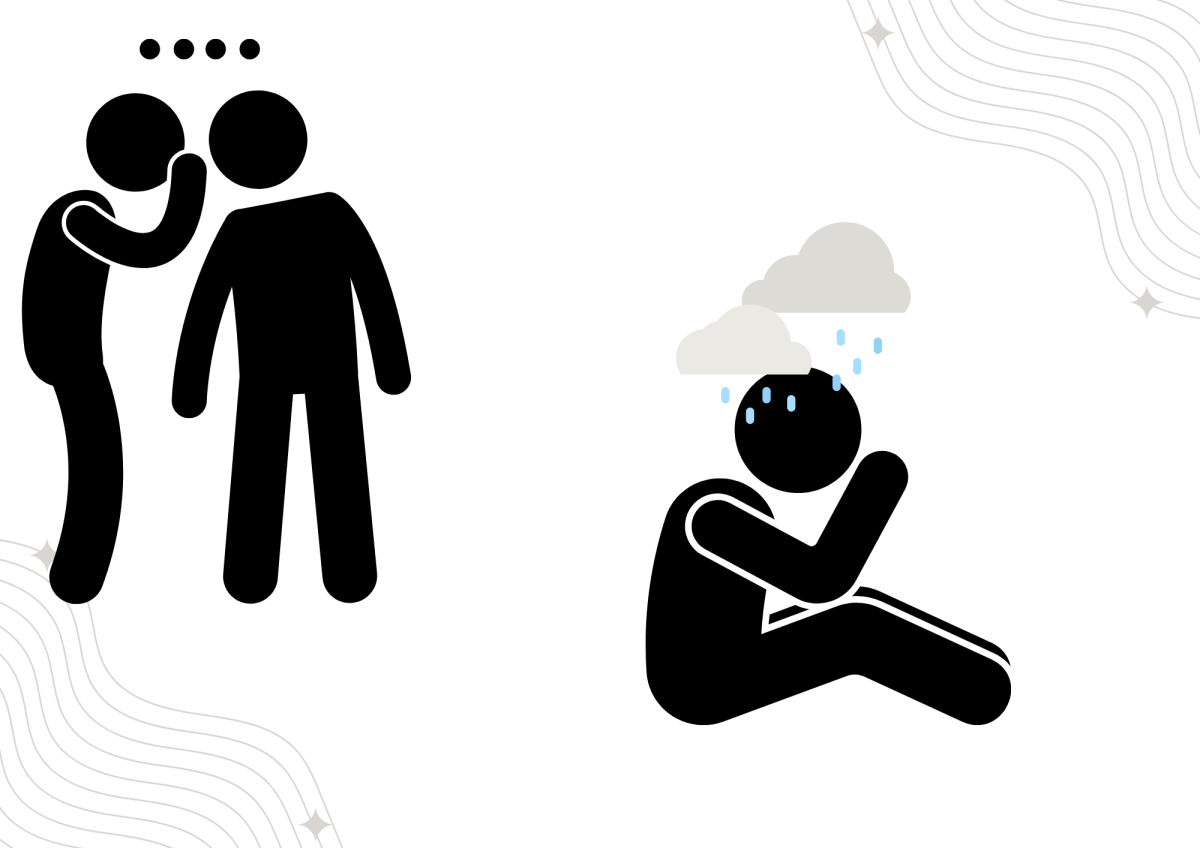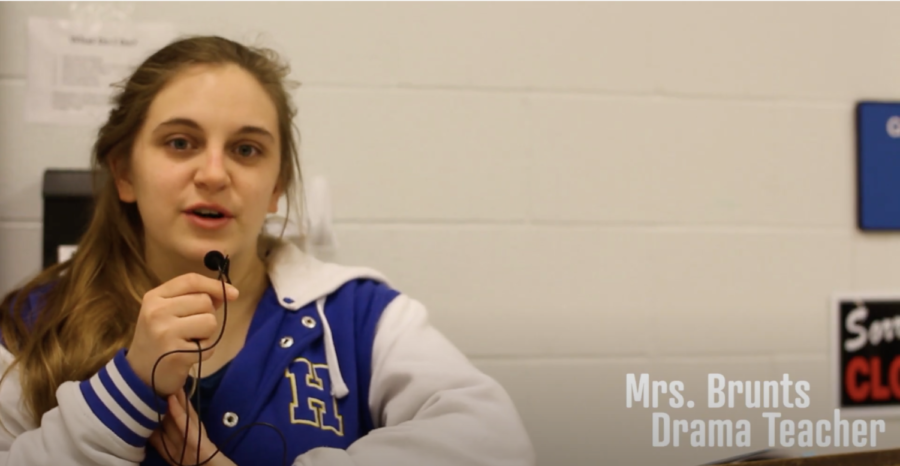Homework Over Break
Seasonal breaks provide a reprieve from the daily grind of school: seven classes a day, five days a week, which quickly becomes monotonous.
School stress does not necessarily stay at school. According to Stanford News, 56 percent of students consider homework a primary source of stress. Sports, extracurricular activities, and part-time jobs quickly add onto the mountain of tasks that many students have to dedicate their time to. Time management is a crucial skill to learn for adulthood, but it should not be unrealistic to expect a break from the madness every once in a while.
Stanford News also states that students are more likely to not see friends and family because of their heavy workload. Fall, winter, and spring breaks grant students a chunk of time to recharge and relax alongside these people. When teachers assign homework over these seasonal breaks, they are taking away from their students’ free time. In an ideal world, every class would be the highest priority, but that’s simply not possible. Many teachers fail to acknowledge this fact. Instead, some see these breaks as an opportunity to assign work that the teachers do not have time to work through in the classroom. The curriculum should not be so bloated that a one-week break sets everything off track.
Kirkwood High School noted extremely positive feedback from students who participated in a homework-free weekend. KSDK reported that many Kirkwood students were grateful for the experiment. If students are forced to carry their stress through what is supposed to be their escape from work, they will become fatigued and disheartened. On the other hand, if students are allowed a small period of time with no work and no worries, they will return more invigorated and motivated than they were.



































